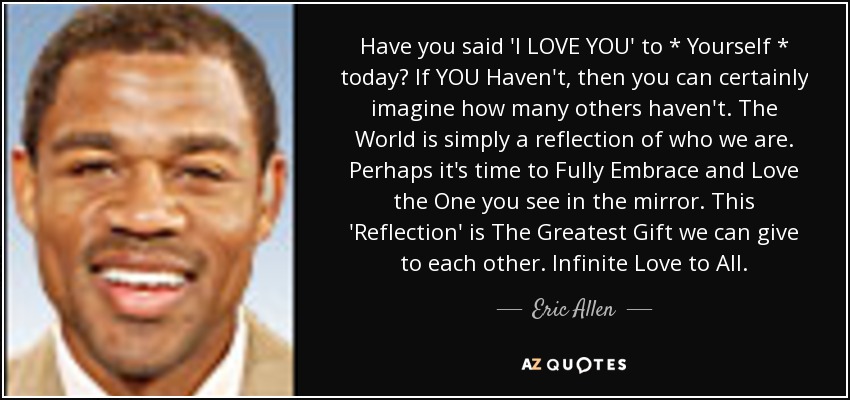It is said that some mirrors distort the image reflected in it, we know that the convex shape, for example, with slight curves on the foot and at the top, makes a person appear higher and thinner, a type that is widely used in Store costumes. Non-investments reflect the real picture. As without switching sides, there are other types of mirrors, but I just want to mention those two for our reflection.
Another explanation, which can lead a person to see their image distorted from the real, is that our brain can naturally distort it due to confusion caused by different information received from different parts of our body, according to scientists at University College London. A person, for example, may experience fat when they suffer from anorexia.
- The mirrors I would like to invite for reflection are not the examples mentioned above.
- It is almost always hidden and we do not realize that at no point do we find it reflecting our opinions.
- Our judgments.
- Our needs.
- Our pride.
- Our fears.
- Among many other reflections.
The people around us, from family members to those we know only through the media, are our mirrors on a day-to-day journey, let’s accept it or not. In sight, very often we use the phrase “reflect me on my father”. to shut up or not to take action or even express words.
We think about what is dormant in us, then it bothers us or comforts us, when I say that I look at someone who has good character, I already have a good character in me, when I say that this person is boring, I am bored even if I do not realize it, it is the positive and the negative that comes out all the time.
When we reach a level of understanding where we accept that each one is as it should be in his time, we do not care about boredom, the poor, the proud, etc. , because we have already climbed these steps.
If when looking at a situation or a person a judgment arises, we must ask ourselves what kind of mirrors we are also to others, in the most diverse situations of our lives. Convex? Or “non-reversible. “
We are also judges of ourselves, because when we look in the mirror, we do not accept ourselves in appearance, nor in it?I’ve been interned a few times. The best exercise is to stand in front of him, the “you with you,” and ask himself without deception: “What do we see?”What bothers us, what we feel is reflected on the outside, only inside. Only we can answer.

